 Menu
Menu
 Menu
Menu
Forecast the weather, explore how climate change will affect Vermont communities, and learn how to effectively communicate the science of the world around us.
“ I loved launching the weather balloon and all of our class discussions, and then we got to see it in action with amazing field trips. Also the weather simulator was really fun and felt like a real professional experience that applies in so many fields beyond broadcast and weather reporting.”
Click and drag to scroll through photos or use the left/right arrows to browse.
At the Weather and Climate Science Institute you get to understand the wonders of our world. You’ll learn the foundational elements of weather, environment, and climate change. Following the pathways of the groundbreaking Atmospheric Sciences program at Vermont State University Lyndon, this adventure explores the connection between the atmosphere and our living ecosystem. Using advanced technologies like weather balloons and generative software models to collect and interpret data, you become your own meteorologist and learn firsthand how the weather is understood and predicted. Guided by environmental stewards, newsroom weather personalities, and storm-chasing weather professionals, the sky’s the limit at Weather & Climate Science!
Sunday, July 5th – Saturday, July 11th, 2026
@ Vermont State University Lyndon Campus
Lyndon, VT
All students who apply to this Institute can make use of our sliding scale tuition model. GIV’s sliding scale tuition essentially acts like an automatic scholarship to automatically reduce tuition costs without the need for additional paperwork or outside sources. For information regarding this Institute’s sliding scale tuition support, please click here.
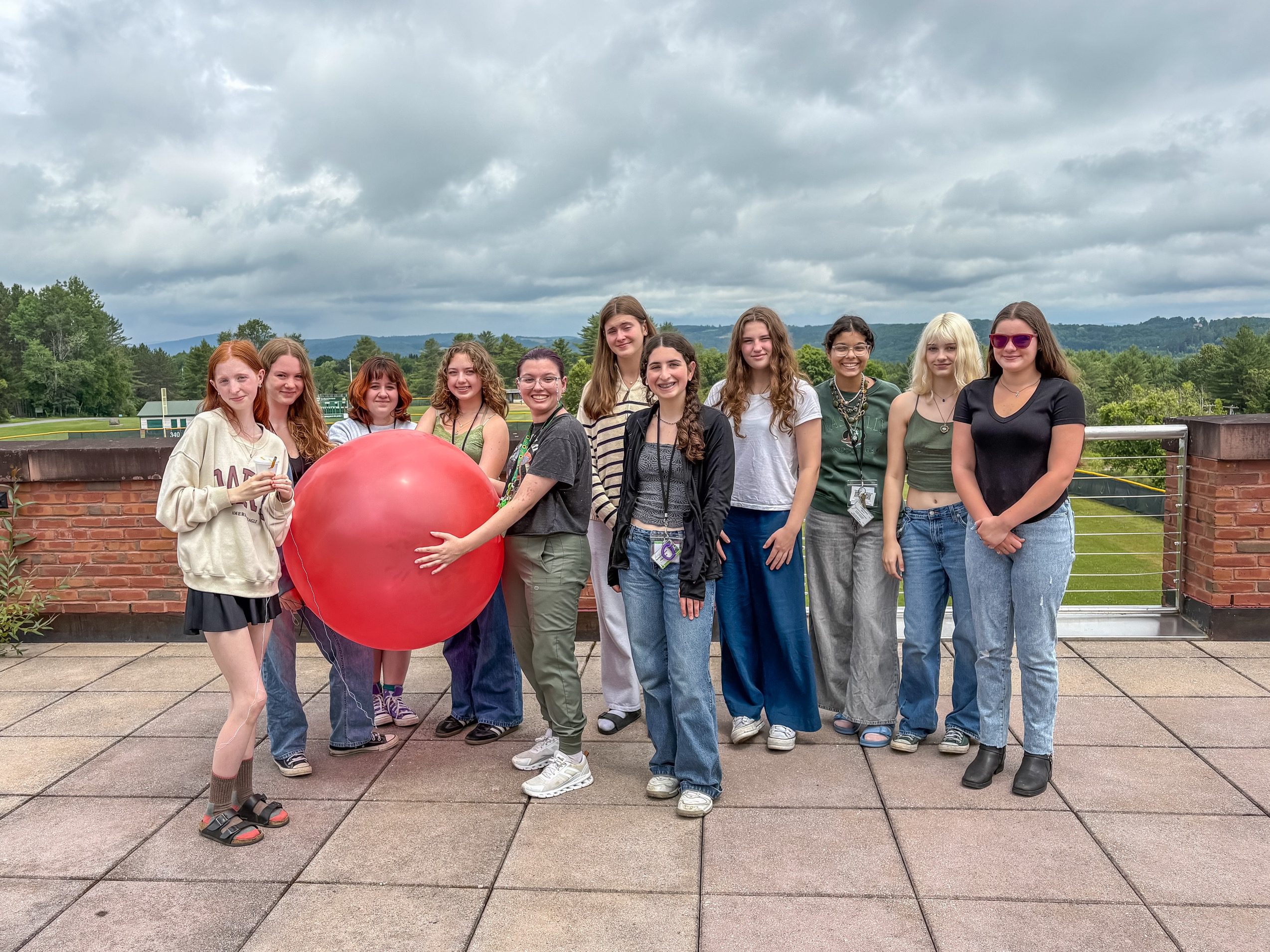
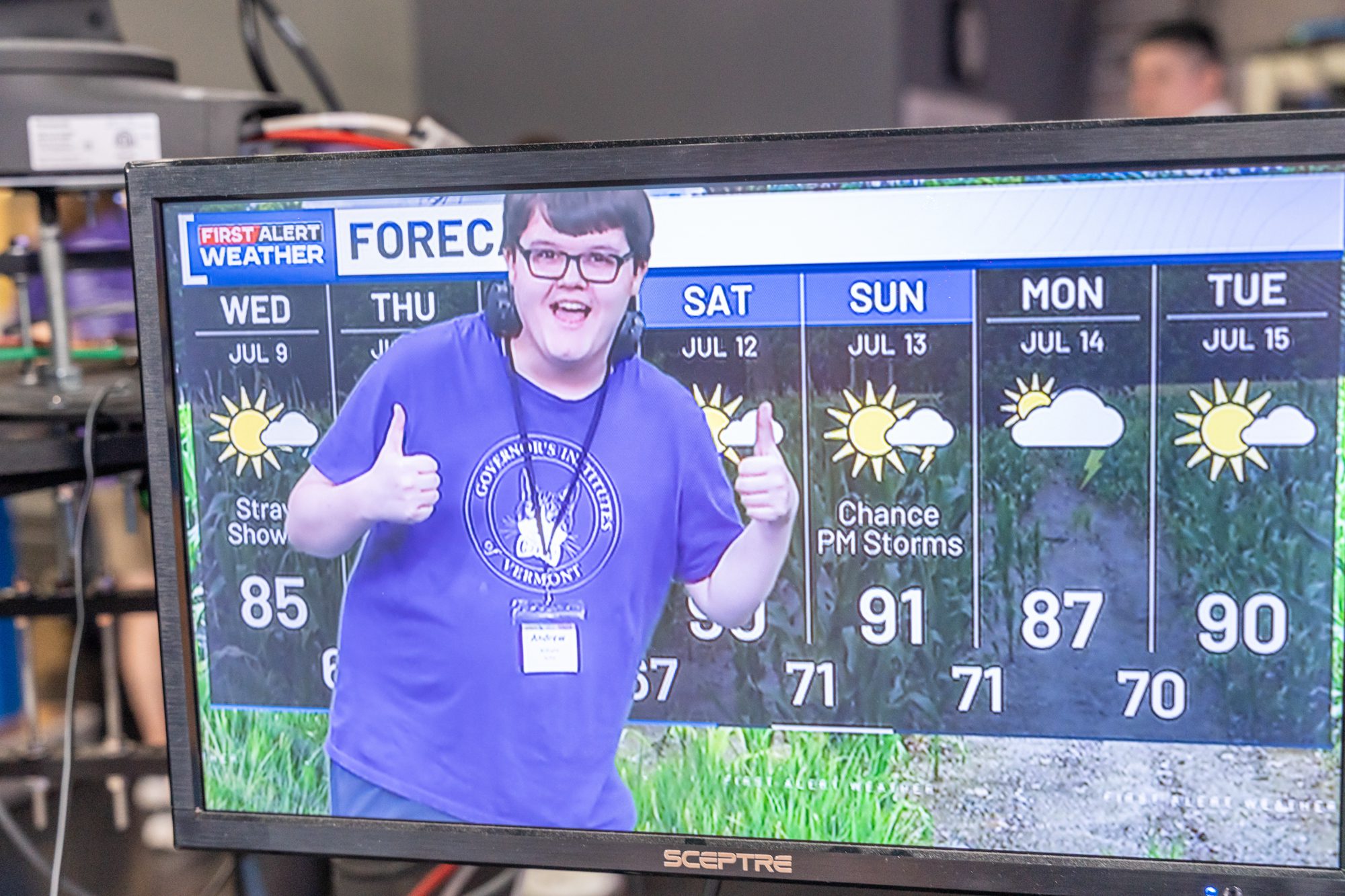
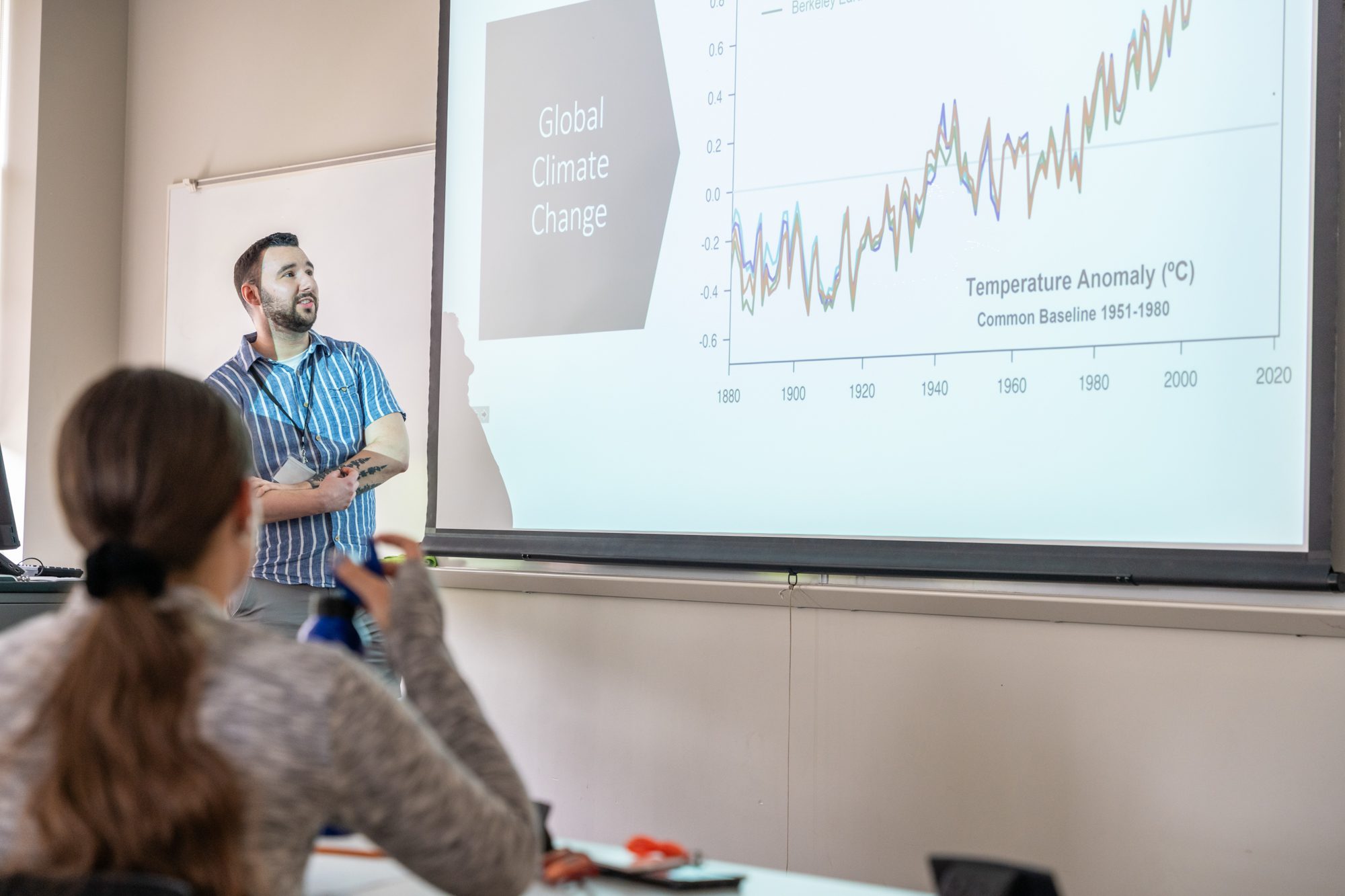
This Institute offers embedded college credit…
ATM-1070: Weather & Climate Science (3 credits) through Vermont State University
Every rising junior and senior who completes the Institute is eligible for these credits. Some minor additional assignments may be required beyond the Institute activities. The experience of being at the Institute is the same whether a student chooses to pursue this credit or not.
Please note that colleges charge extra tuition fees on top of GIV tuition for granting credits, but several payment options and opportunities are available to support students and families.
If you have questions, contact us at [email protected].
Every day is a unique experience filled with expert-led instruction, hands-on investigation, field trips, and immersive learning. We work to build a community around our experiences and share in our passion for everything we explore.
**The schedule is slightly different each year and announced when you arrive!
GIV’s supportive Institute structure is endlessly enriching, empowering, and engaging.
An Example of a Day at the Weather & Climate Science Institute…
Morning: breakfast, morning meeting, morning class (forecasting simulation, tornado identification, effects of Vermont flooding, and more).
Afternoon: lunch, field trip (WCAX, Dill Farm, Fairbanks Museum, National Weather Service and more), and outdoor activities.
Evening: dinner, evening activity (film screenings, RA discussion groups, small town democracy expos, games, and more), evening check-in, goodnight!
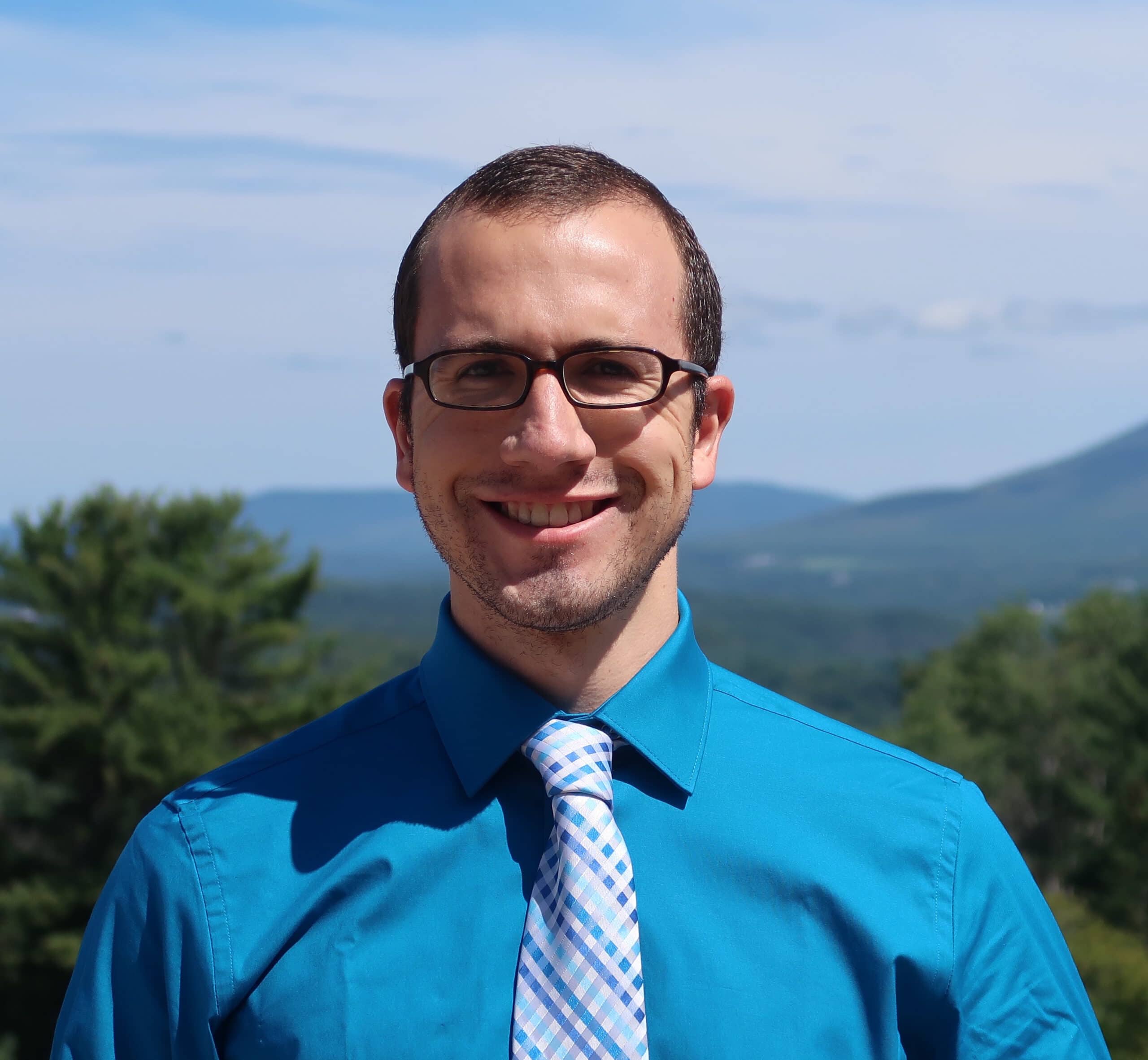
Dr. Preston teaches at Vermont State University and is a leading member of the Atmospheric Sciences faculty. He earned his Ph.D. in Meteorology from Florida State University in 2017. As a professor, he has enjoyed engaging students to understand the most exciting weather-based technologies through applications of Python, GRLevel2 Analyst, and AWIPS, allowing students to model simulations of severe weather phenomena using the Weather Research and Forecasting Model on one of the largest supercomputers in the world.
Dr. Preston’s specific research interests are based around the physical processes within convective systems that are critically important for both short-term weather forecasting and long-term climate impacts. Dr. Preston’s research goals are to better understand the impacts of deep convection on climate, the structure and evolution of convective systems, and the relationship between convection and lightning. He combines observations and numerical modeling to better understand these phenomena and involves students in the process.
Ari and the Weather & Climate Science Institute team can be reached at [email protected]

Andrew is a faculty member in VTSU Lyndon’s Atmospheric Sciences Program. Andrew loves teaching climate, hiking, and biking.
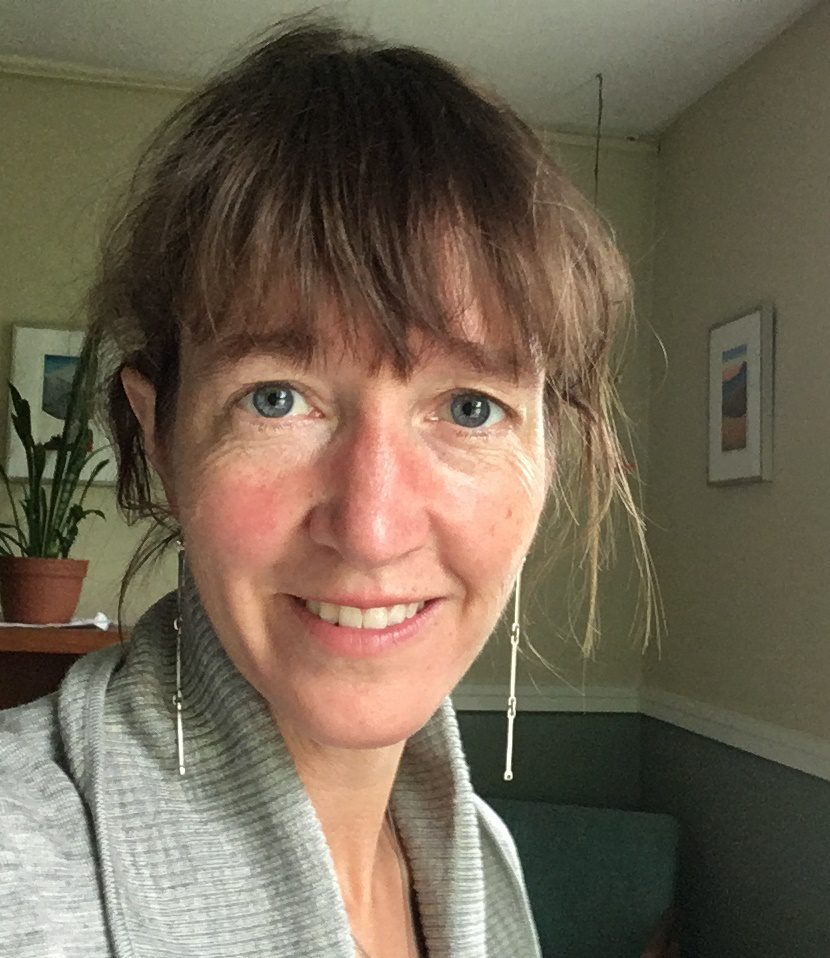
Dillon Burns is a high school teacher and coach who lives in Calais, Vermont, with her husband and teenage sons.